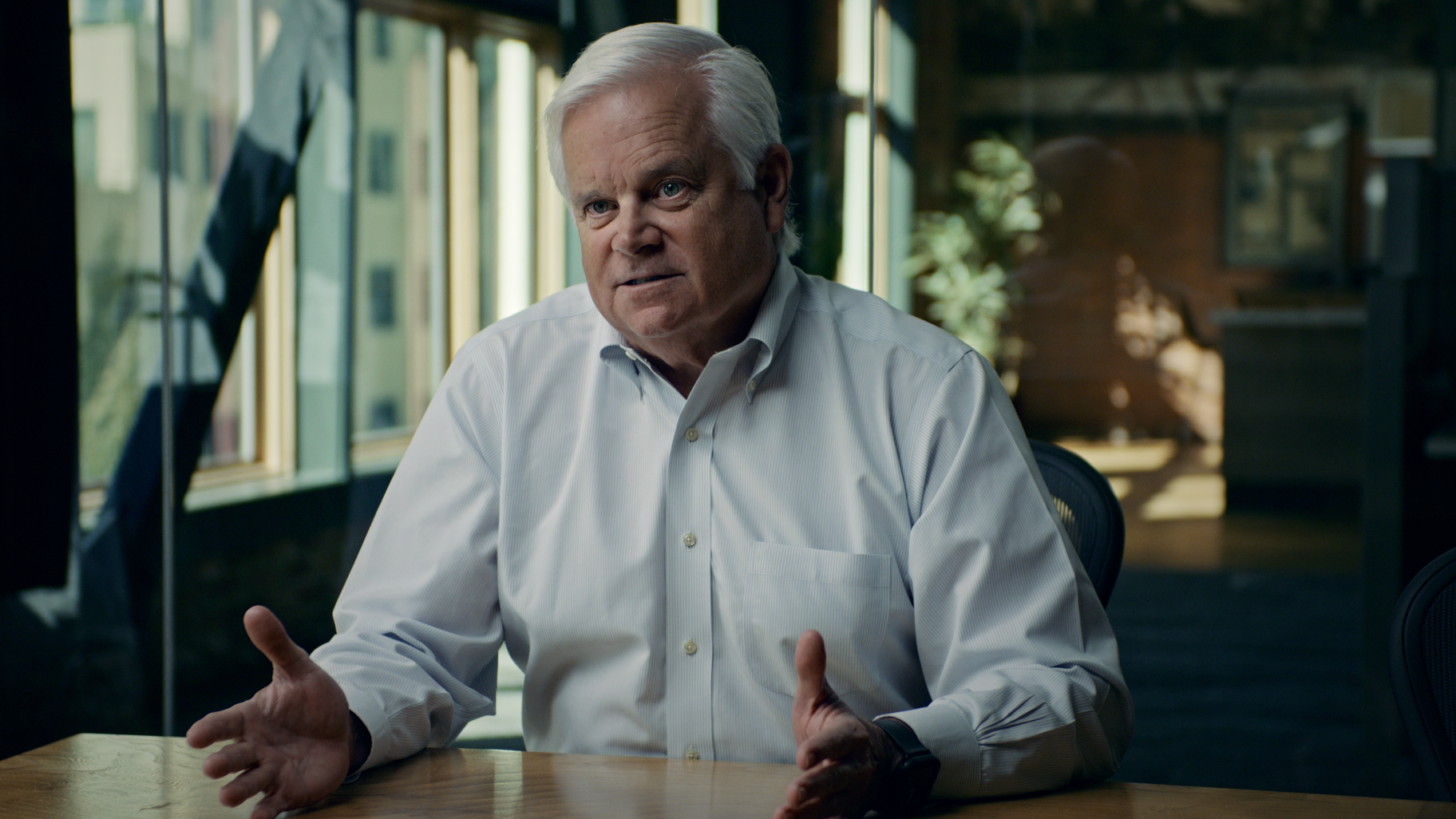Federal officials in the United States like to claim we have the best food safety record in the world. But the timeline for recalls demonstrates a frightening consistency. Seattle-based personal injury attorney Bill Marler specializes in food poisoning cases. He famously litigated the Jack in the Box E. coli outbreak in 1993, which was eventually settled for $15.6 million. Three decades later, he continues to chase down perpetrators in the food supply chain. Marler is featured in the Netflix documentary Poisoned: The Dirty Truth About Your Food.
Before the Jack in the Box case, companies could knowingly sell E. coli-tainted meat to the public. During the Clinton administration, the USDA enforced food safety inspections over the meat supply and E. coli was deemed an adulterant in ground beef. Years of litigation between the beef industry and government resulted in hamburgers becoming safer. Now, we face a growing food safety threat from other sources. As pathogens in runoff from cattle feedlots find their way to leafy greens, it's no longer the patty in a burger that makes people sick — it's the lettuce, tomato, and onion.
When it comes to poultry, there are only two primary breeders in the U.S. and four companies — Tyson, Perdue, Pilgrim's, and Sanderson Farms — control the chicken market. The USDA doesn't have jurisdiction until the birds reach the slaughterhouse. The government has declared Salmonella to be an adulterant. Marler warns that, as in the early days of the Jack in the Box/E. coli battle, producers can knowingly sell chicken contaminated with salmonella. Buyer beware.

"When you consider that 48 million Americans get sick from a food-bourne illness every year, 125,000 are hospitalized, and there are somewhere between three and four thousand deaths, we need to do better to make our food supply safer," says Bill Marler, who is featured in the Netflix documentary, "Poisoned: The Dirty Truth About Your Food." Photo courtesy of Netflix.
